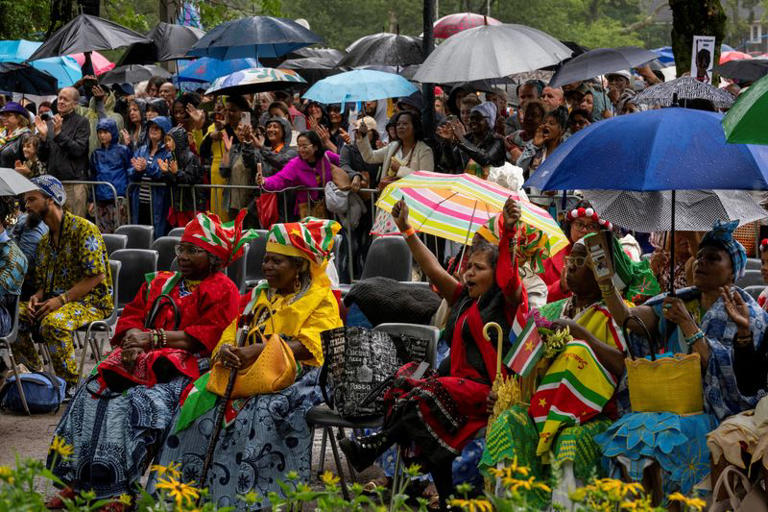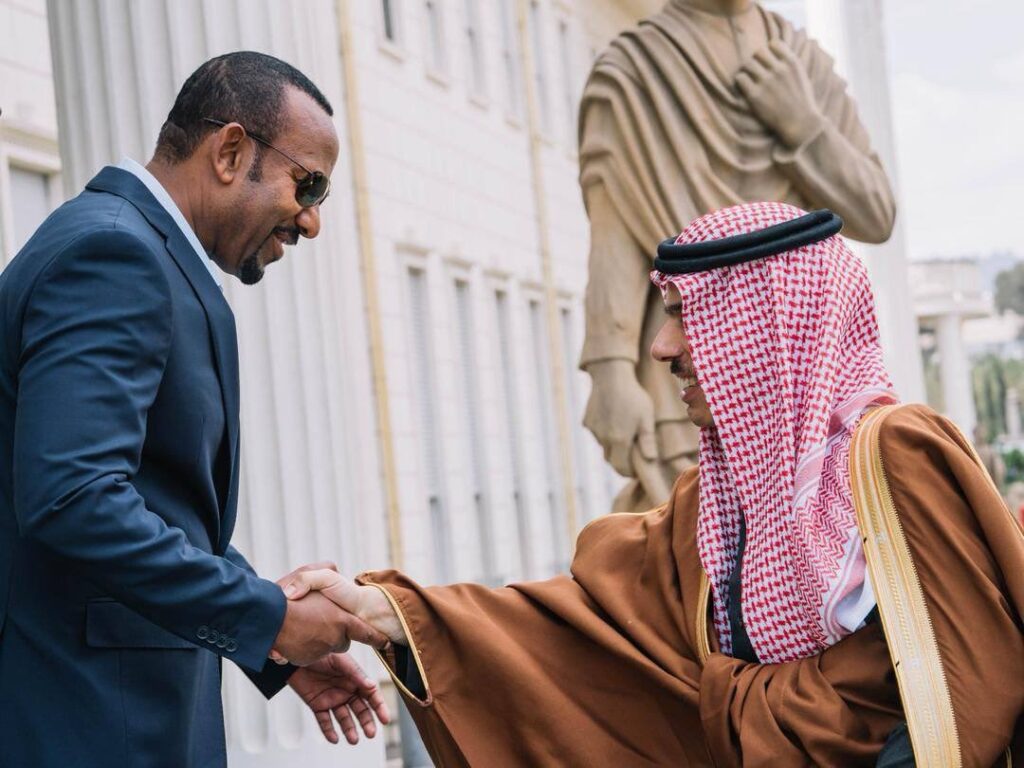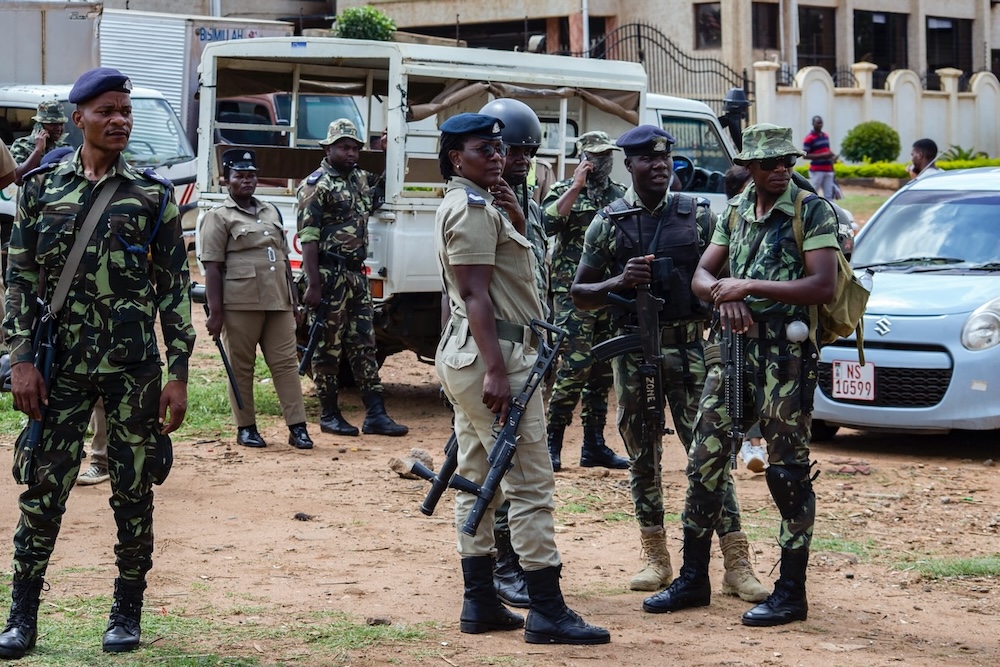
On the 161st anniversary of the abolition of slavery in the Netherlands, activists are calling for more than just apologies from Dutch authorities.
Despite acknowledgments of responsibility from former Prime Minister Mark Rutte and King Willem-Alexander, the government has ruled out reparations and instead established a 200 million euro fund to promote social initiatives.
The fund aims to benefit descendants of enslaved people and other affected groups.
However, activist Barryl Biekman argues that apologies must be accompanied by concrete measures to address ongoing disparities in labor, education, and health.
Linda Nooitmeer, chair of the National Institute for the Study of Dutch Slavery and its Legacy, called the apologies “bittersweet,” highlighting the need for specific economic policies to combat exploitation faced by people of African descent.
Rhoda Arrindell, advocating for Sint Maarten’s independence, labeled the apologies as “incomplete” without addressing colonialism’s lasting economic impacts.
Activists like Biekman are pushing for a truth commission to explore reparations further, as the global momentum for addressing historical injustices continues to grow.




